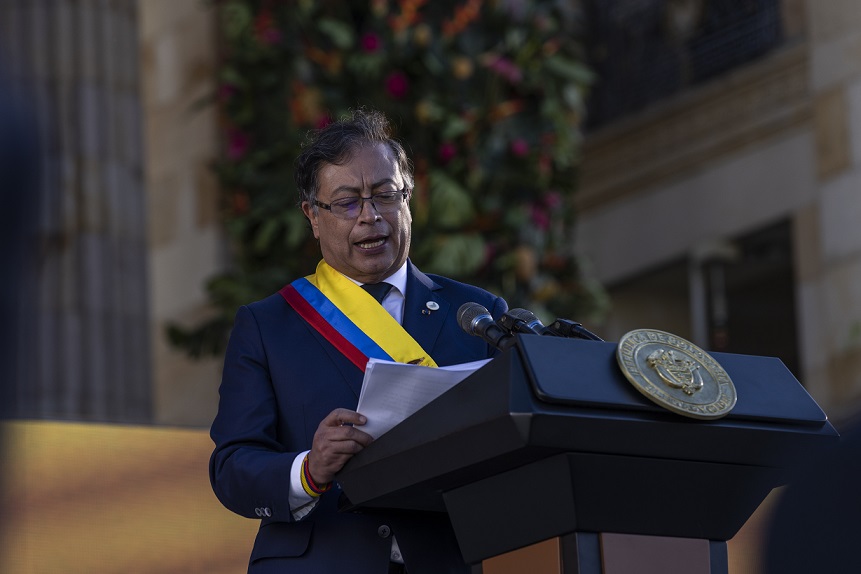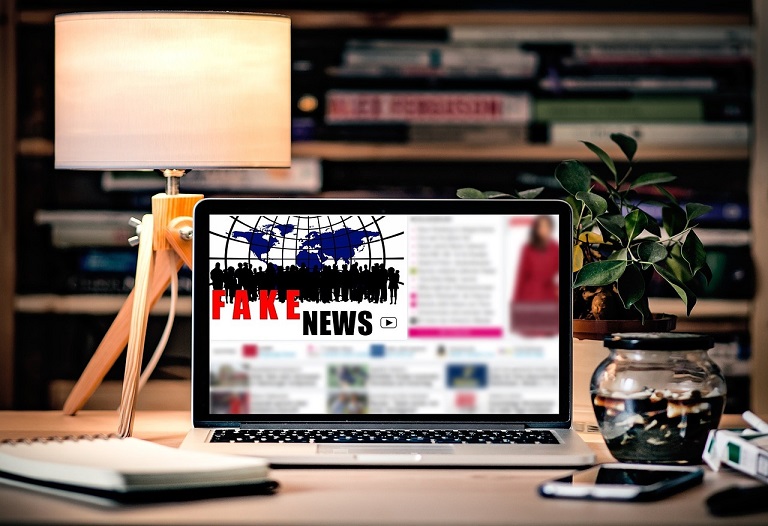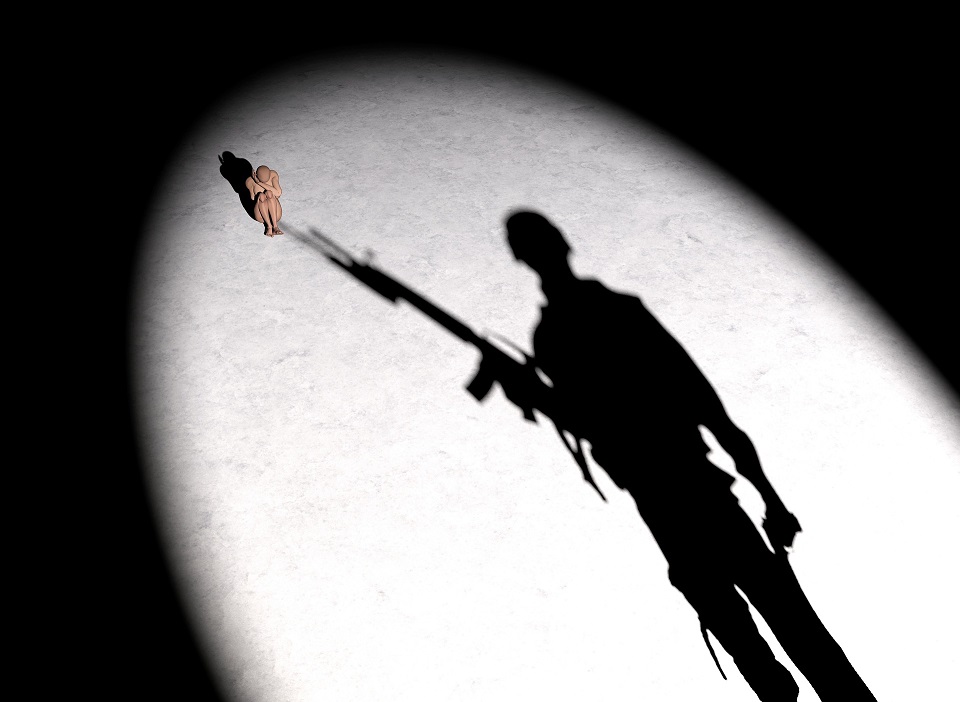Since the day of his inauguration, 7 August 2022, there has been talk of the possibility or the intention of a sector of the old regime to overthrow Colombian President Gustavo Petro.

There are enough reasons for this: sectors of the right and ultra-right are uncomfortable with the decisions taken by the current government, in particular that of hitting the finances of the narco-paramilitaries, through the seizure of hundreds of thousands of tons of drugs and the burning of dredgers with which they extract gold from rivers in jungle areas.
In addition to the above, there is the rupture of the already naturalised relations between the political class and drug traffickers, which in the past made possible the financing of presidential campaigns by drug cartels, narco-paramilitary structures or nominal figures such as ‘Ñeñe Hernández’, who financed the campaign of the previous president of Colombia, Iván Duque Márquez.
To give some veracity to the rumour of a possible coup d’état, the media spoke of sabre rattling, of the ‘demoralisation of the troops’ and of the mass departure of officers to join the ranks of the possible coup plotters.
The truth is that it is the traditional mass media that have been acting to generate, at least for now, what is known as a “soft coup d’état”. It is also known as a “soft coup”.
The soft coup d’état involves strategies and actions of black and grey propaganda, as well as the generation of uncertainty and fear in the civilian population, based on malicious headlines, such as the most recent one in Semana magazine, Colombia goes wrong.
 In addition to the malevolent front page, there are smear campaigns by tweeters and influencers who are determined to damage the image of the president of the Republic, his ministers and the vice-president.
In addition to the malevolent front page, there are smear campaigns by tweeters and influencers who are determined to damage the image of the president of the Republic, his ministers and the vice-president.
They dare to call the president a “dictator” and a “tyrant”. Legal actions aimed at torpedoing labour, health and pension reforms that touch on the political and economic interests of social sectors that have long since taken control of the state also serve this purpose.
The cover of Semana magazine was followed by the Freedom and Order campaign, accompanied by the Colombian coat of arms, which the Opposition used to insist that the country is in a state of disarray and that it is going nowhere.
Once again, only one person is responsible: Gustavo Petro. The opponents of Gustavo Petro insist that he return to the policy of “democratic security” (created and applied by former president Álvaro Uribe), which in terms of the fight against drugs and narco-paramilitary structures means maintaining in time the alliance that alias Otoniel acknowledged existed between the Gulf Clan and sectors of the police and the army. The government’s enemies demand a tough hand against protesters and coca growers, while expecting a condescending and loving hand against narco-paramilitary groups close to members of the Colombian establishment.
It cannot be ignored that there is a media crusade led by the newspapers El Tiempo and Semana, with which their owners are determined to generate a bad social and political atmosphere and thus generate fear among the population.
 Added to this is the political stance of open confrontation with the executive, taken by the public prosecutor Francisco Barbosa, in relation to several of the legislative initiatives presented to Congress, related to Total Peace and the law of submission to justice, with which the government wants to dismantle armed structures without political status (narco-paramilitaries). Barbosa is already the presidential candidate with which the right-wing will seek to regain the Casa de Nariño in 2026.
Added to this is the political stance of open confrontation with the executive, taken by the public prosecutor Francisco Barbosa, in relation to several of the legislative initiatives presented to Congress, related to Total Peace and the law of submission to justice, with which the government wants to dismantle armed structures without political status (narco-paramilitaries). Barbosa is already the presidential candidate with which the right-wing will seek to regain the Casa de Nariño in 2026.
It is possible that the ‘soft’ coup d’état will not escalate into a coup d’état that would imply Petro’s ouster and, consequently, an institutional and constitutional rupture. I do not believe that Washington is willing to support a coup scenario in Colombia, despite differences with President Petro on how to fight the scourge of drug trafficking. What cannot be denied is that there are journalists and media companies that are playing with fire and not exactly to defend democracy. On the contrary, they are betting that the old regime will survive Petro’s four years.
*Germán Ayala Osorio: Social communicator, journalist and political scientist, author of the blog La otra tribuna, where this article was published.
(Translated by Cristina Popa – Email: gcpopa83@gmail.com) – Photos: Pixabay












.jpg)












